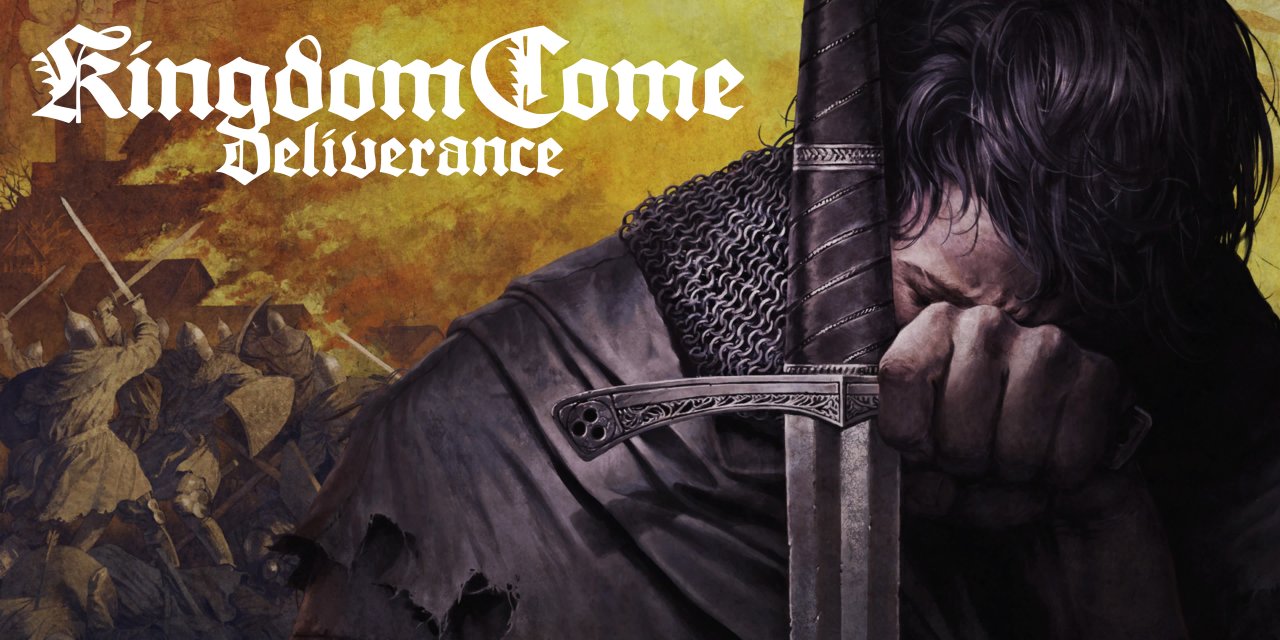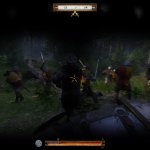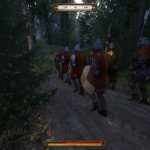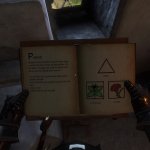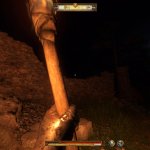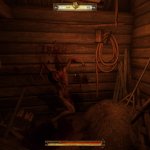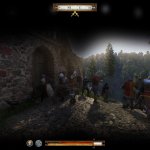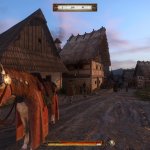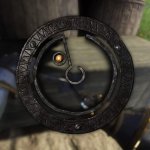“I’d rather find that whoreson who murdered my parents, get the sword back from him and skewer him with it.”
4 years and 74,000 man hours since its initial Kickstarter campaign back in January 2014, Kingdom Come: Deliverance is finally here, and is a dream come true for history buffs and nerds alike. Daniel Vávra and creative minds over at Warhorse Studios have done a stellar job in bringing 15th century Bohemia to life, focusing on medieval society and period-accurate melee combat, all within the familiar staples of a modern-day RPG. The game launched worldwide on the 13th February 2018, and as usual I’ll be going over the PlayStation 4 version of the game, detailing the good and the bad, as well as whether the game is worth your time and money at the £54.99 asking price.
Open world RPG’s have been rising and rising in popularity over the years, thanks in no small part to developers such as Bethesda and CD Projekt Red for their long running fantasy RPG franchises: The Elder Scrolls and The Witcher series respectively (with The Elder Scrolls V: Skyrim and The Witcher 3: Wild Hunt being the most notable titles over the last decade). Both franchises are steeped heavily within medieval fantasy, borrowing aspects from medieval society and folklore to intertwine into their own narratives, with both of their recent iterations often considered the crème de la crème of the RPG genre (The Witcher 3: Wild Hunt raised the bar significantly for quest design in RPG’s when it released in 2015). Medieval fantasy is also very much at the heart of pop-culture, and has been a staple of entertainment since the glory days of tabletop RPG’s such as Dungeons & Dragons and more recently with the overwhelming critical acclaim and popularity thrown at HBO’s fantasy epic: Game of Thrones (season 8 can’t come soon enough). Popularity aside, we’ve never had an RPG that was firmly grounded in history, which was an itch that many didn’t know needed scratching until Kingdom Come: Deliverance came into the limelight.
Billed as a historically accurate, open-world recreation of 15th century medieval Europe (the Kingdom of Bohemia specifically) Kingdom Come: Deliverance does away with the elves and the dragons, grounding the experience in one of the darkest periods of human history. The project was initially unveiled as a Kickstarter campaign in January 2014, with the tagline “Dungeons & no Dragons” and instantly struck a chord with fans of the genre, with the game generating $2,002,547 from its crowd funding campaign via 38,784 backers, indicating there was a serious demand for such a title; 4 years and 74,000 man hours later, Kingdom Come: Deliverance finally released on the 13th February 2018 across all major platforms. The game takes place in 1403 AD, during a turbulent period of civil war within the Kingdom of Bohemia (Czech Republic in the modern day) between those loyal to Bohemia’s true king Wenceslaus IV and his half brother and king of Hungary: Sigismund of Luxembourg. The narrative places you in the shoes of Henry, the son of the Skalitz blacksmith, who is living a relatively simple life until his home town is attacked by Cuman mercenaries under the order of King Sigismund. Barely escaping with his life, Henry get’s drawn into a resistance movement against Sigismund’s invading forces under the service of Lord Radzig Kobyla; leading Henry down a bloody path of revenge for the murder of his parents, as well as the restoration of Bohemia’s rightful monarch.
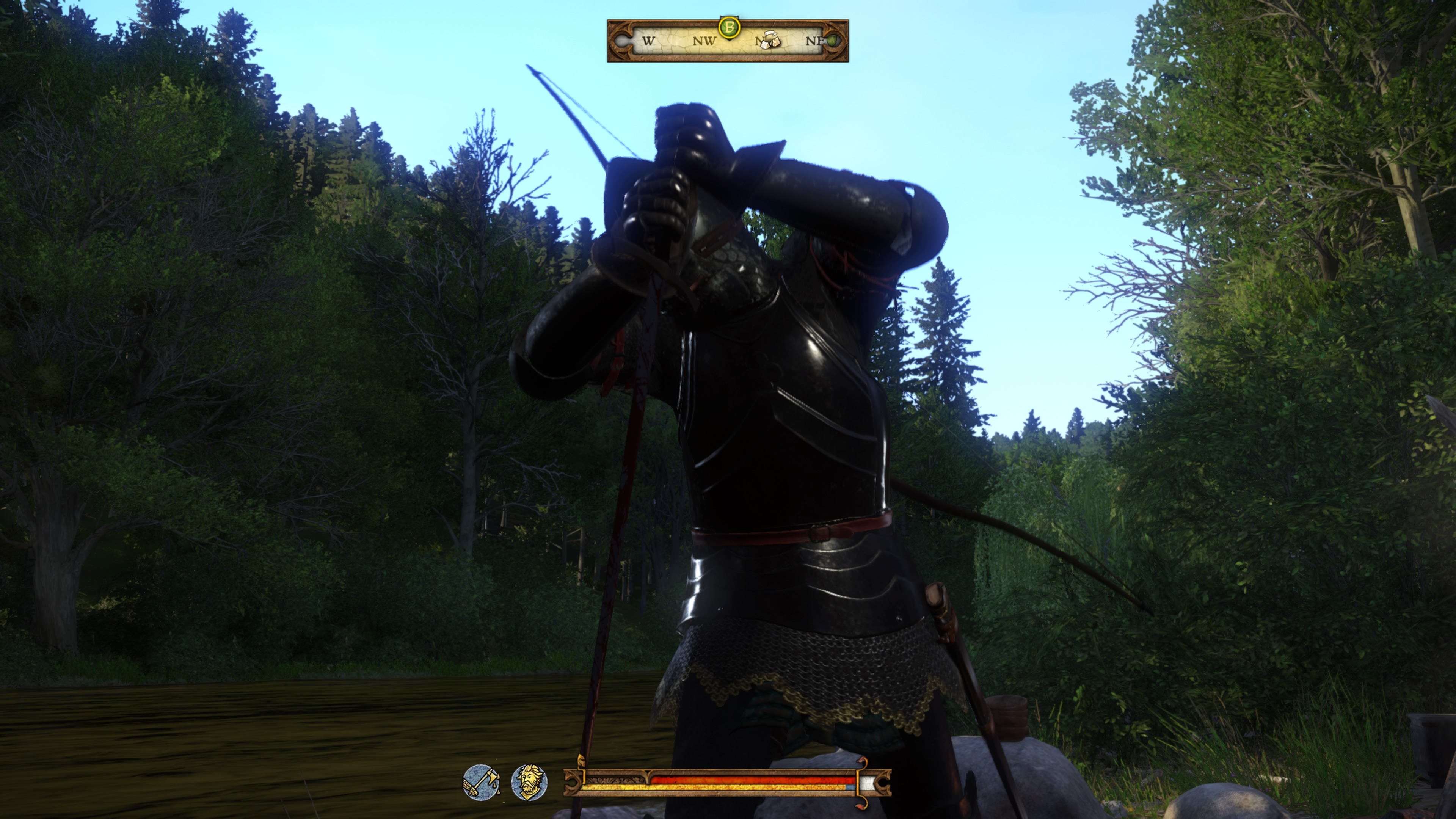
The year of our lord 1403: Kingdom Come: Deliverance is a dark and bloody tale of revenge, based on actual events that took place in 15th century Bohemia.
Kingdom Come Deliverance’s narrative structure can effectively be broken down into three distinct areas: main quests, side quests and activities. Following the same quest design as The Witcher 3: Wild Hunt, each side mission has their own ‘mini-narrative’ going on, with some downright comical situations thrown in to give the game a distinct (yet historically accurate) sense of humour. Activities hold down the game’s fetch quests, but still feel relevant when they showcase gameplay mechanics such as pick-pocketing or hunting. The main quest line follows Henry after the raid at Skalitz, showcasing his rise through the ranks as a lowly serf with no particular skills, to an armor clad knight in the service of his liege lord. The main narrative overall is one of the game’s strongest selling points, being excellently paced and engaging throughout, offering numerous twists and turns that keep you on the edge of your seat from beginning to end. Kingdom Come: Deliverance also does an excellent job at showcasing medieval society through the games NPC’s and towns, all of which have their own daily routines and reactions to the player’s choices. NPC’s will also react to Henry’s appearance, being forthcoming and helpful if Henry is wearing freshly laundered clothes or a shining suit of armor, but being cold and dismissive if covered in blood and shit, or wearing clothes typically associated with a peasant. All of these features work in tandem to make the world feel fresh and alive, which is a testament to the creative ability over at Warhorse Studios. Further to this is the game’s in depth codex system, that has entries regarding nearly every aspect of society and customs in the middle ages which makes the game as much a history lesson as it does an immersive RPG. Upon writing this review I hit the 50 hour mark within the game with no clear sign of the end in sight, acting as a strong indicator for the sheer amount of content on offer, giving you a lot of bang for your buck.
While a lot of RPG’s could be accused of holding the players hand a bit too much, all bets are off when it comes to the difficulty curve Kingdom Come: Deliverance, which is comparable to a brick wall. Being a lowly serf when you first start the game, the game treats you as such with Henry being about as useful as a mint-flavoured suppository. Your main stats are chosen within the initial conversation’s dialogue choices as your mother wakes you up in the mid-afternoon after a night of boozing, trying to find out what antics you got up to (I can relate). Several hours later of robbing old women’s coin-purses for the local vagabond and holding up bandit’s for their boots (footwear degrades the longer you walk around in them) it becomes abundantly clear that the world within Kingdom Come: Deliverance isn’t for the faint of heart, with nearly every aspect of the gameplay pulling no punches in an effort to be as realistic as possible (Henry’s only skills initially are drinking and whoring, not that handy when you have an armor clad guard chasing you with a club for attempting to rob him of his Groschen). Skills such as lock-picking or archery easily have the highest difficulty curve, and require a decent amount of practice and experience before you become even somewhat proficient; other skills such as alchemy and maintenance are also quite taxing, but raise the immersion level tenfold (especially when you can hone your sword yourself on a grinding stone, or read about that poisonous herb you picked up at an alchemy bench).
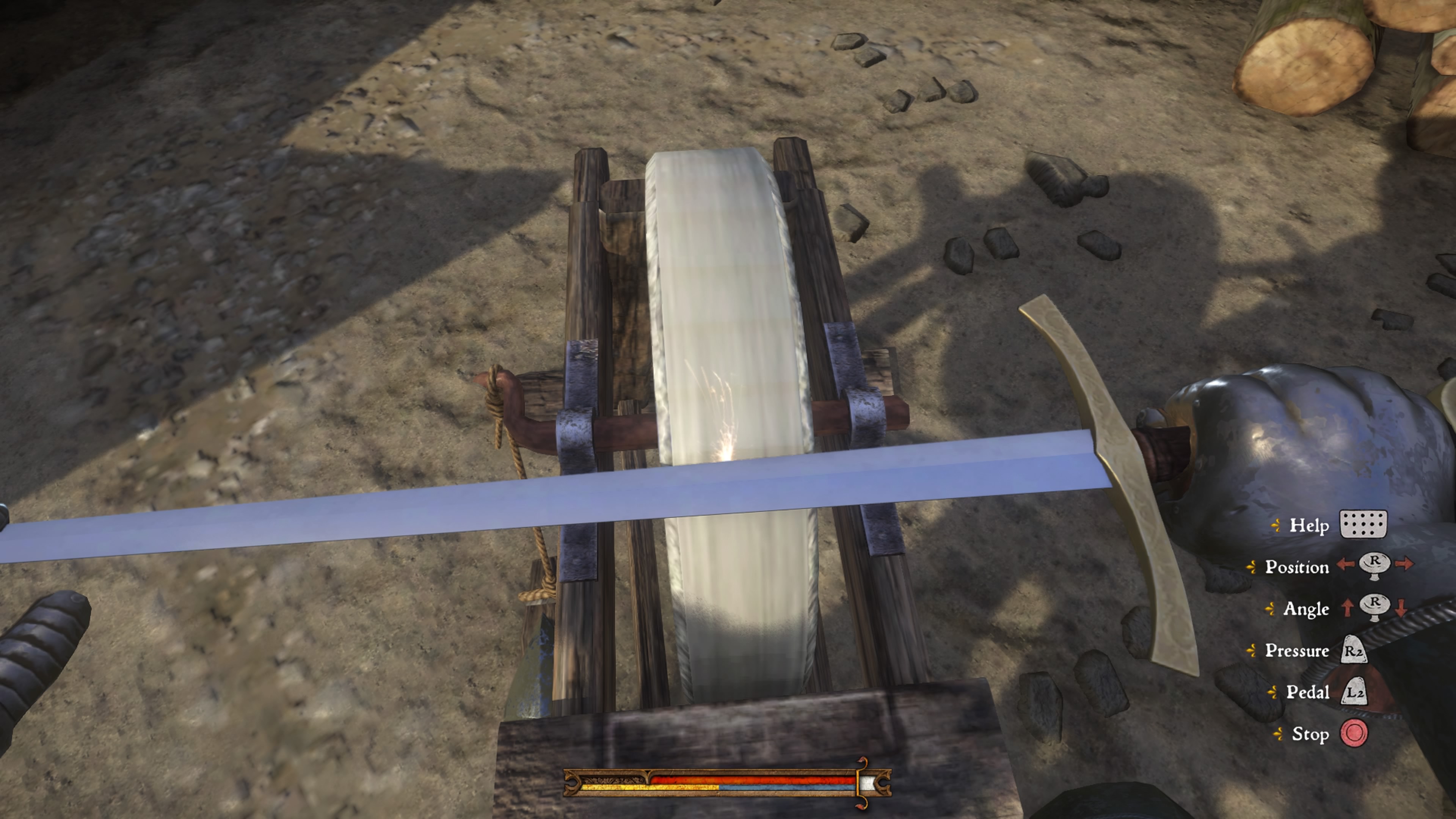
If it ain’t broke, don’t fix it: Skill based mini-games raise the immersion level tenfold in Kingdom Come: Deliverance.
Played from a first person perspective, the combat in Kingdom Come: Deliverance is a completely unique and in-depth system when compared to its peers. Based on actual 15th century fighting techniques, there’s a level of accuracy and realism that simply isn’t present in other video games. The game features a number of weapons ranging from longswords, polearms and war hammers, all of which have their own distinct uses in different combat scenarios. Henry can attack from 6 different angles, with the last being reserved for stabbing of the centre mass (only with applicable weapons). The combat system is incredibly in-depth, and requires a lot of patience when initially learning all of the different mechanics that come into play, once you get to grips with it however it becomes incredibly satisfying, rewarding the patience of the player when the right moment comes along to strike (don’t go thinking it’s gonna be easy to take on more than one opponent at once). Following on from the combat system, is the armour system, which boasts 16 different slots allowing for everything from a gambeson, to a full suit of plate armour (with each and every part of the suit acting as separate pieces). The armour you wear depends on what you’re trying to achieve, and more specifically what type of class you are playing (there are no restrictions whatsoever) with rogues favouring dark gambesons and quiet boots, and warriors favouring full plate armor and a shield. The period-accurate design of the clothing and armor found in Kingdom Come: Deliverance only adds to the immersion, and it’s quite safe to say that you feel like an absolute badass when you eventually manage to get a full suit of steel plate (just say away from opponents brandishing a war hammer, or you’ll be a badass in a suit of tin foil).
Positive notes aside, Kingdom Come: Deliverance has had somewhat of a rocky launch, with the game being laden with technical issues and bugs aplenty. First and foremost is the matter of performance, with the game running at 30fps in native 900p on both the standard PS4 and Xbox One, being upgraded to 1080p for the PS4 Pro and 1440p for the Xbox One X; neither of the premium consoles support true 4k this time around, with HDR technology not making the final cut either due to the CryEngine 3.8.6 not currently supporting it. The game still looks a treat in 1080p, but suffers somewhat with texture popping, especially in some of the more populated areas of the game. There are also a number of broken quests with no current known fix; the most annoying one I found is where I agreed to pickpocket a business seal from an arrogant merchant in another town over; the seal would pay for food for refugees of Skalitz (Henry’s former town) and upon my return, the quest giver was given an extended sentence in the pillory, where he still resides now 50+ hours in. When it’s all said and done however, these kinds of bugs are normal for a game of this scale (The Witcher 3: Wild Hunt and The Elder Scrolls V: Skyrim are no exception) and with it being the first title that Warhorse Studios have ever produced (and the fact they’ve already addressed that a patch is incoming) it’s understandable that some of these issues made it into the final build of the game.
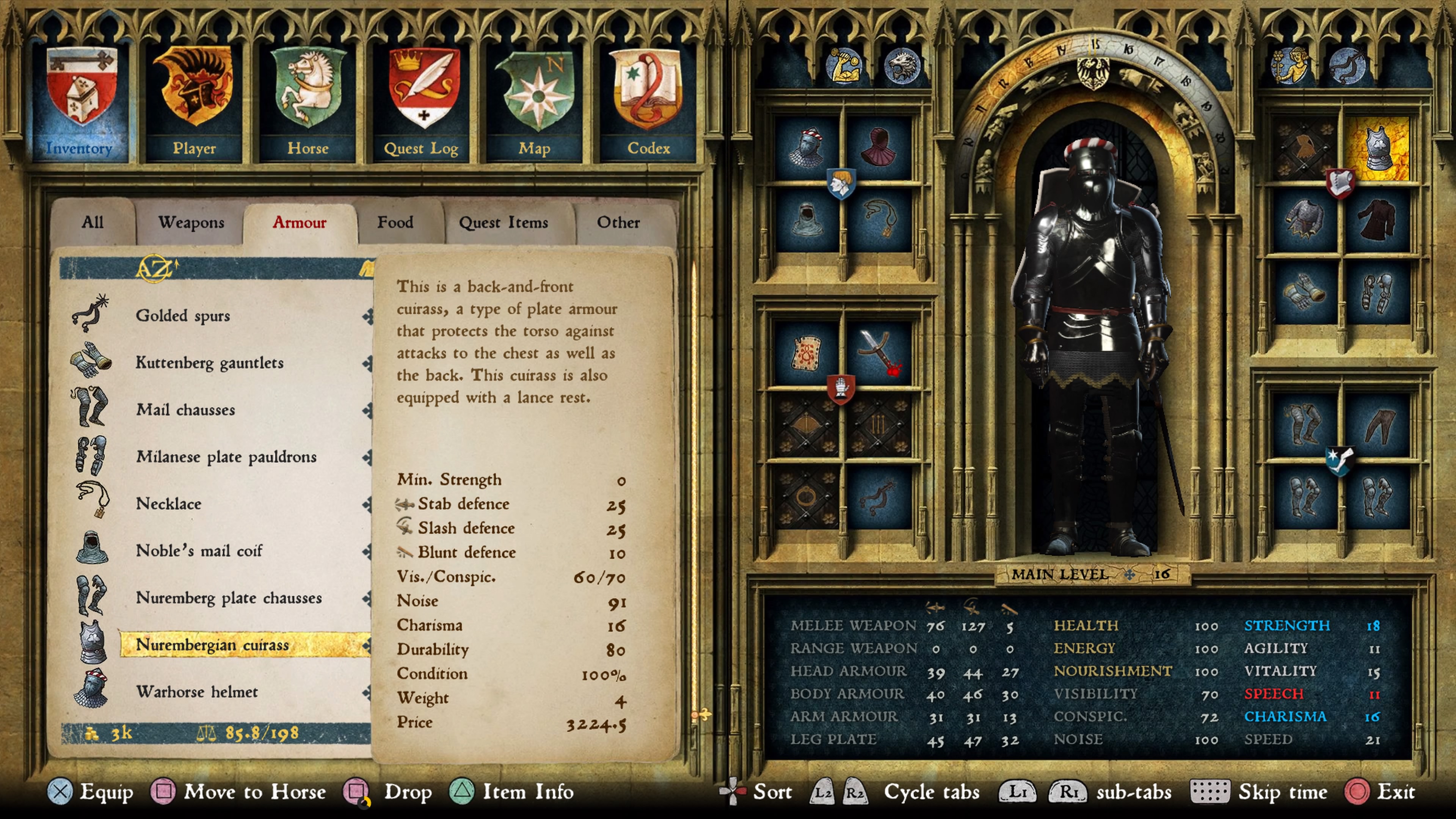
Knight in shining armour: Kingdom Come: Deliverance boasts an in-depth armour system allowing for 16 different slots, ranging from greaves, pauldrons to helmets.
Overall Kingdom Come: Deliverance is one hell of an RPG and Warhorse Studios have outdone themselves in creating a true-to-life medieval simulator that is leaking with immersion from every pore. Group together a unique and realistic combat system, mini-games that actually require player skill and a enthralling story that keeps you gripped from beginning to end, and you have a winning formula for quite possibly the best medieval RPG ever made.

